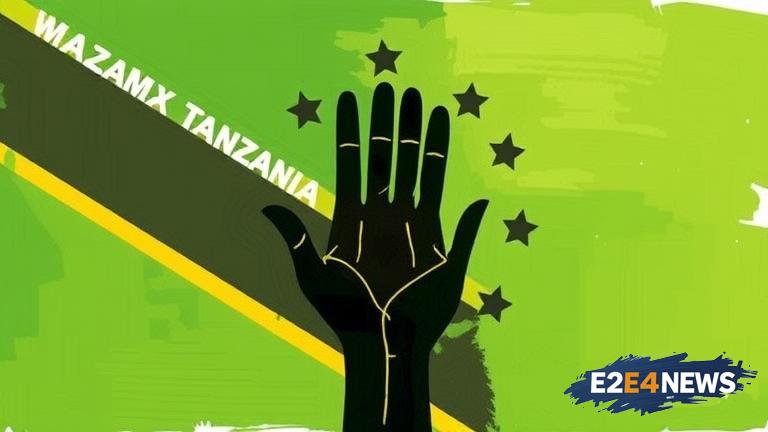The Inter-Religious Council of Tanzania has underscored the significant role that religious leaders play in promoting peace and unity in the country. According to the council, religious leaders have a unique position in society, allowing them to bring people together and foster a sense of community and understanding. The council emphasized that religious leaders can help to prevent conflicts and promote social cohesion by encouraging dialogue and mutual respect among different faith communities. In Tanzania, where there are numerous religious groups, the council believes that religious leaders can play a vital role in promoting peace and unity. The council also noted that religious leaders can help to address social issues, such as poverty and inequality, by promoting economic development and social justice. Furthermore, the council emphasized the importance of religious leaders in promoting education and healthcare, particularly in rural areas where access to these services is limited. The council also highlighted the need for religious leaders to work together to address common challenges, such as climate change and corruption. In addition, the council emphasized the importance of religious leaders in promoting human rights and the rule of law. The council believes that by working together, religious leaders can help to create a more just and peaceful society. The Inter-Religious Council of Tanzania is a non-governmental organization that brings together leaders from different faith communities to promote peace, unity, and social cohesion. The council has been working to promote interfaith dialogue and cooperation, and has implemented various initiatives to address social issues, such as poverty and inequality. The council has also been working to promote education and healthcare, particularly in rural areas. Moreover, the council has been advocating for human rights and the rule of law, and has been working to address common challenges, such as climate change and corruption. The council’s efforts have been recognized by the government and other stakeholders, who have praised the council’s commitment to promoting peace and unity. The council’s work has also been supported by international organizations, such as the United Nations, which has recognized the importance of interfaith dialogue and cooperation in promoting peace and development. In conclusion, the Inter-Religious Council of Tanzania has emphasized the vital role of religious leaders in promoting peace and unity in the country. The council believes that by working together, religious leaders can help to create a more just and peaceful society, and has been working to promote interfaith dialogue and cooperation, address social issues, and advocate for human rights and the rule of law. The council’s efforts are a testament to the power of interfaith dialogue and cooperation in promoting peace and development, and serve as a model for other countries to follow. The council’s work has also highlighted the importance of religious leaders in promoting education and healthcare, particularly in rural areas. Additionally, the council has emphasized the need for religious leaders to work together to address common challenges, such as climate change and corruption. Overall, the Inter-Religious Council of Tanzania’s emphasis on the role of religious leaders in promoting peace and unity is a crucial step towards creating a more just and peaceful society. The council’s work serves as a reminder of the importance of interfaith dialogue and cooperation in promoting peace and development, and highlights the need for religious leaders to work together to address common challenges. The council’s efforts have been recognized and supported by the government and international organizations, and serve as a model for other countries to follow. The council’s emphasis on the role of religious leaders in promoting peace and unity is a testament to the power of interfaith dialogue and cooperation in promoting peace and development.
